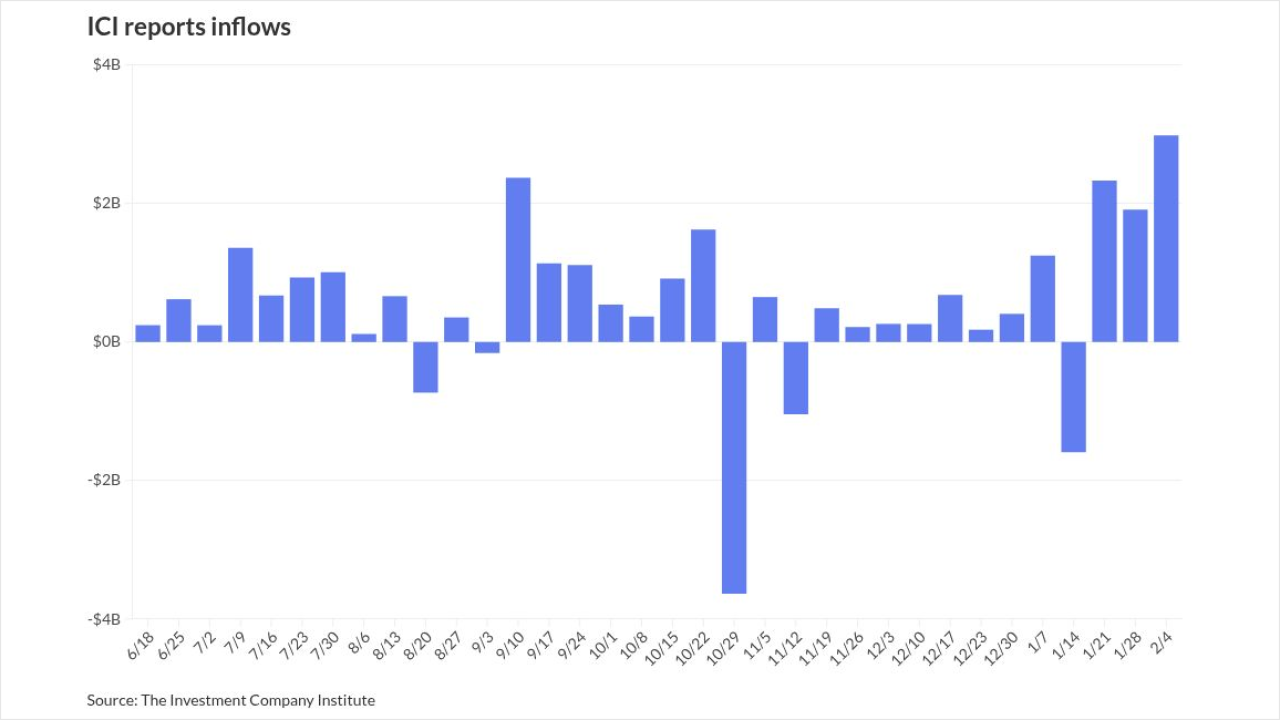
BRADENTON, Fla. – West Virginia lawmakers ended their annual session without passing a budget for fiscal 2017, as the state’s financial troubles worsened.
Gov. Earl Ray Tomblin told budget negotiators on March 15 to stop trying to reach a compromise after learning that another $92 million was cut from state revenue estimates for 2017.
Lawmakers had balked at $148 million in tax increases Tomblin requested as part of his plan to close a $466 million budget gap - $381 million of which had developed by Dec. 31, according to budget documents.
The latest revenue estimate last week reflected the new $92.4 million reduction “to account for the continued downturn in global energy markets, which is affecting West Virginia and several other energy-producing states,” Tomblin said.
The regular session ended on March 12 with lawmakers far apart on the spending plan for the fiscal year that starts July 1.
Tomblin extended the session to March 15 but ordered negotiations to halt midway through the final day when the West Virginia Department of Revenue released the lower revenue estimate.
Tomblin’s budget recommendation included the tax request as part of a plan to close the shortfall without using rainy day funds while still making all required pension contributions.
He also did not include any raises other than those that had been previously granted.
“As our economy shifts, we can no longer rely on declining severance tax collections to be our main source of revenue,” he said Feb. 11, midway through the legislative session amid a growing lack of consensus between chambers.
Some lawmakers considered closing the gap with a 6.5% across-the-board cut, while others proposed using rainy day funds.
Tomblin rejected those strategies, saying that the state could not continue to rely on cuts and one-time sources of revenue to solve fiscal challenges.
The governor is expected to call legislators back to Charleston in a special session soon.
In October, Moody’s Investors Service changed the outlook on West Virginia’s Aa1 rating to negative, citing pressures from energy sector layoffs and rising unemployment.
As a coal-producing state, West Virginia has seen key economic indicators erode from rapidly declining coal and natural gas prices and statewide layoffs for key energy sector employers, Moody’s said.
The state’s unemployment rate rapidly increased to 7.6% in August, underscoring challenges in the energy sector, said Moody’s analyst Genevieve Nolan. The jobless rate was 5.9% in January.
West Virginia had $3.4 billion in long-term obligations as of June 30, 2014, according to the latest available comprehensive annual financial report.
Its GO bonds are rated AA-plus by Fitch Ratings and AA by Standard & Poor’s. Both have stable outlooks.





